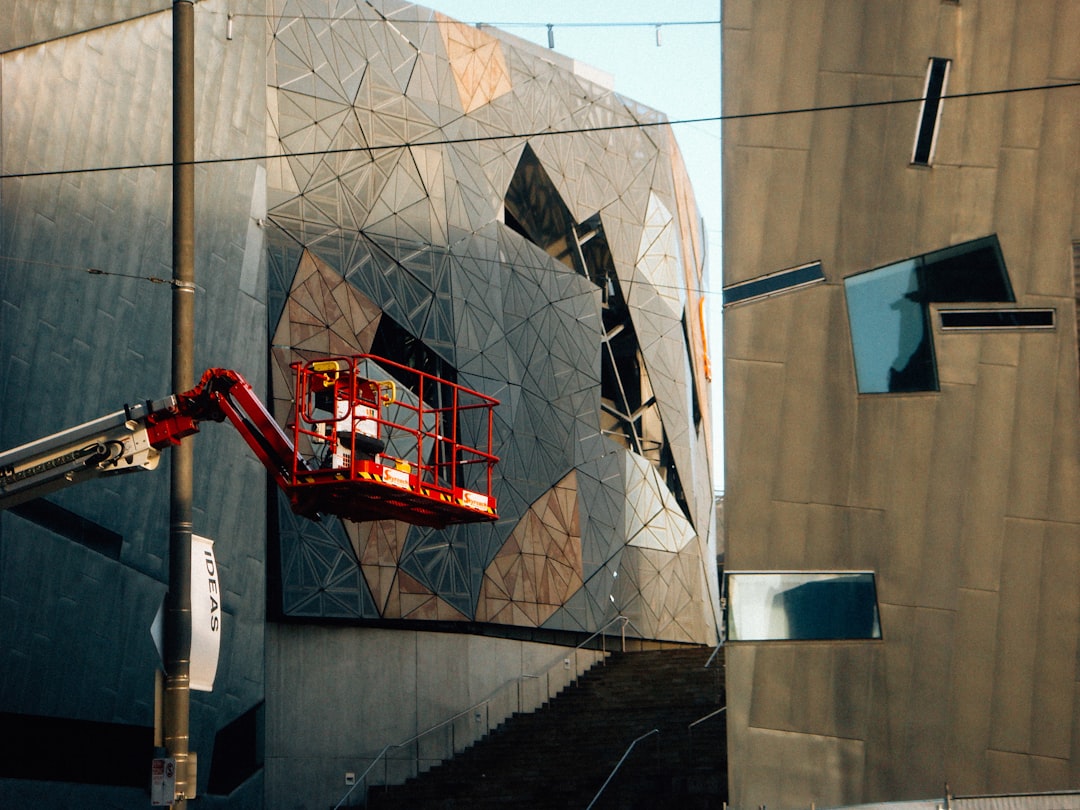The Pros and Cons of Buying a Fixer-Upper
Buying a fixer-upper can be an exciting prospect for many homebuyers. The idea of transforming a run-down property into their dream home is enticing. However, this type of investment should not be taken lightly, as it comes with its own set of pros and cons. In this blog post, we will explore both the advantages and disadvantages of buying a fixer-upper.
Pros:
Affordability: One of the primary reasons why people opt for fixer-uppers is affordability. These properties are often priced lower than move-in ready homes, allowing buyers to get more bang for their buck. With the money saved on the purchase, homeowners can allocate more funds towards renovations and upgrades.
Personalization: Buying a fixer-upper gives homeowners the liberty to personalize their space to their liking. From choosing the flooring material to selecting the paint colors, every aspect of the renovation can be tailored to their taste. This level of customization can be immensely satisfying and allows homeowners to create a truly unique living space.
Potential for profit: If done right, buying a fixer-upper can result in significant financial gain. By investing time, effort, and money into the renovation, the property’s value can increase substantially. This potential for profit makes fixer-uppers an attractive option for those looking to invest in real estate.
Opportunity to learn new skills: Owning a fixer-upper can be an excellent opportunity for people interested in learning DIY skills. From minor repairs to major renovations, homeowners can gain valuable knowledge and experience in various aspects of home improvement. This not only saves money but also empowers homeowners to tackle future projects on their own.
Cons:
Unforeseen costs: The reality of buying a fixer-upper is that unexpected expenses can quickly add up. While planning for renovations, it’s essential to budget for unforeseen repairs or issues that may arise during the renovation process. From structural problems to hidden damages, these costs can significantly impact the overall budget.
Time-consuming: Renovating a fixer-upper is a time-consuming process that requires a great deal of patience. The scope of the renovation may extend beyond the initial plan, resulting in delays and additional work. It’s crucial for homeowners to have a realistic understanding of the time commitment required to complete the project.
Stress and emotional toll: Embarking on a fixer-upper project is not for the faint of heart. The stress and emotional toll of dealing with renovations, construction workers, and unexpected setbacks can be overwhelming. It’s important for homeowners to prepare themselves mentally for the challenges that come with buying a fixer-upper.
Quality concerns: Not all fixer-uppers are created equal, and some may have underlying issues that cannot be easily fixed. Structural concerns, outdated systems, or poor craftsmanship can present significant challenges to renovation efforts. It’s essential for buyers to thoroughly inspect the property and seek professional opinions before committing to a purchase.
Conclusion:
Buying a fixer-upper can be an exciting and rewarding endeavor, but prospective buyers should carefully consider the pros and cons before making a decision. Affordability, personalization, and potential for profit are some of the advantages of owning a fixer-upper. However, unforeseen costs, time-consuming renovations, and quality concerns are factors that should not be overlooked.
Ultimately, the decision to buy a fixer-upper depends on an individual’s financial resources, patience, and willingness to embrace the challenges that come with renovating a property. With proper research, planning, and realistic expectations, buying a fixer-upper can be a fulfilling experience that turns an outdated house into a beloved home.









